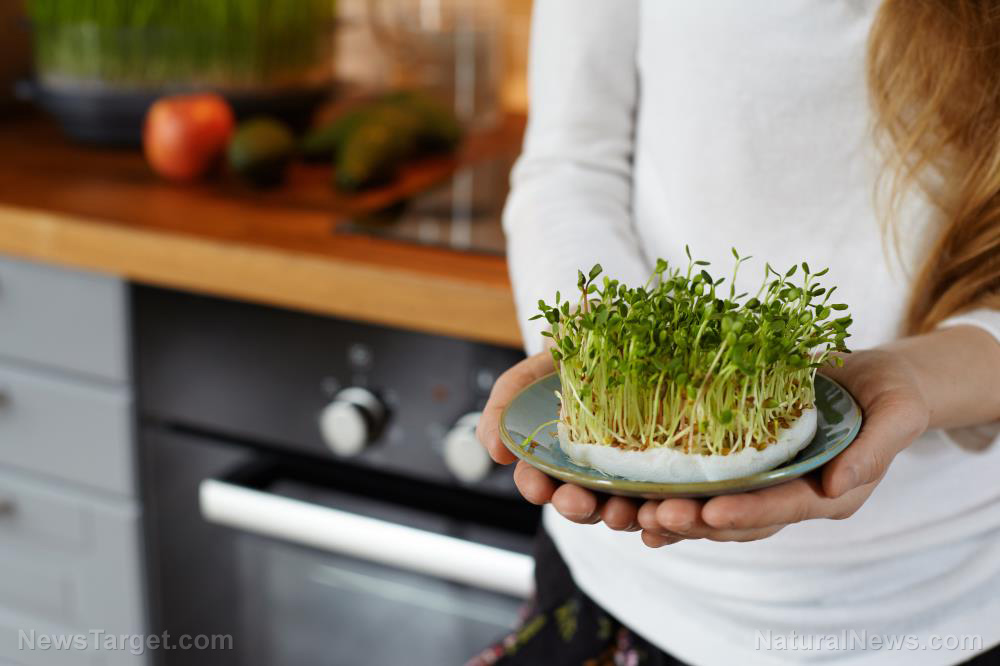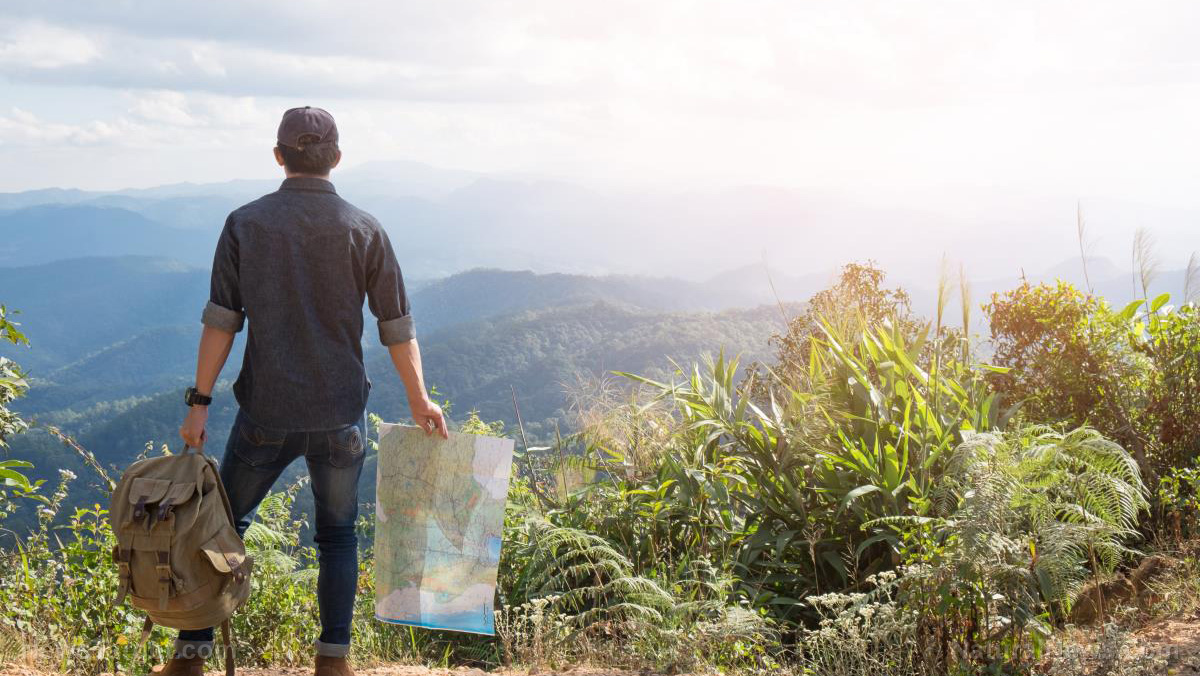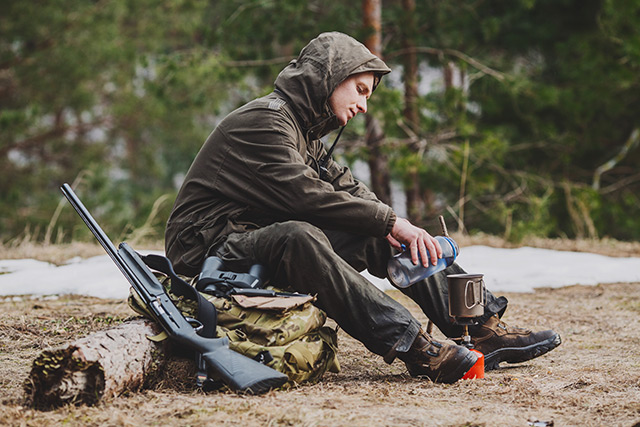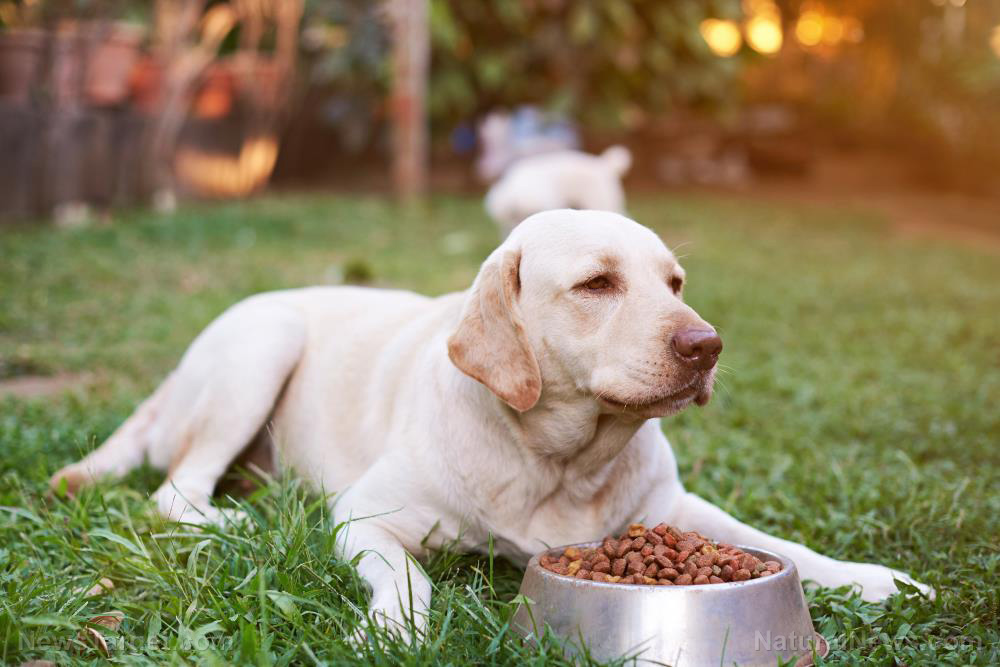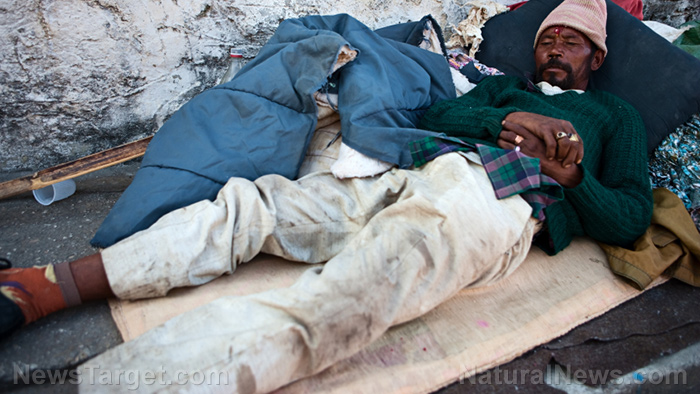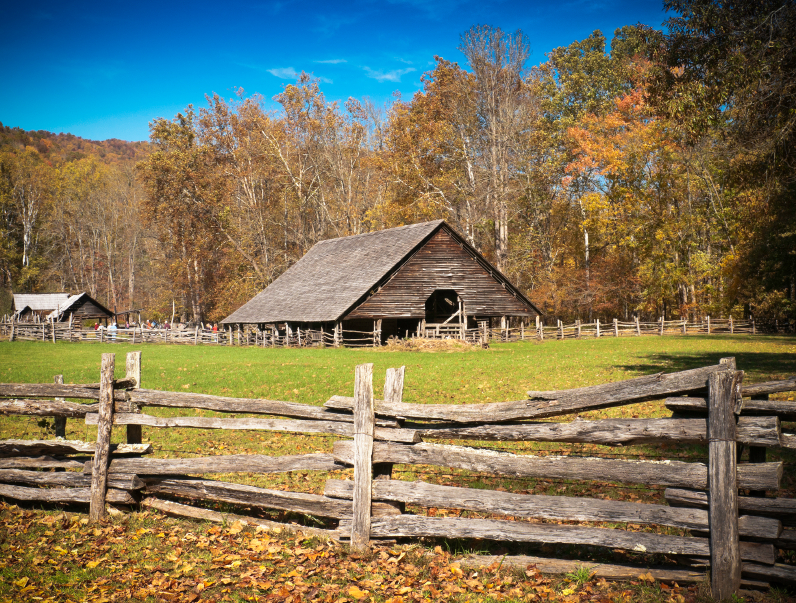Prepping to barter when SHTF: What skills to learn and items to stockpile
07/05/2018 / By Jhoanna Robinson

After the world has gone sour, do you think banks and financial institutions would still function and keep printing money? Do you think we would still be able to walk up to a store and trade a piece of paper for an item that we need or want? A devastating act of terrorism such as a bioweapon that could render all of us fearing for our lives and would make the very concept of money meaningless.
Knowledge and supplies that can last for a long period of time such as axes, hammers, saw blades, spoke shaves, among others, are going to be prized commodities. He who sits on a pile of toilet paper will be treated with reverence. (In any case, one should learn how to make do without tissues – how do you think ancient caveman lived before their invention?)
A necessity for every homestead is someone with the knowledge of how to butcher an animal and preserve them for future use by salt curing, dehydrating, or smoking. Another important skill to learn when it comes to food processing is how to brew beer, mead, vinegar, or other alcoholic beverages from simple materials.
The basics of animal husbandry are also important to a homestead. Farm animals are precious, for they can reproduce and provide meat. Not only that, they can also be a source of other food products such as milk, dairy, or eggs. Knowing which animals to breed and how to properly breed them is a must.
Water is life. During your post-apocalyptic stint, it is advisable that you secure yourself a constant supply of potable water for your survival and the survival of your family. (Related: Master these 7 basic skills…or you’ll wind up begging the government for basic supplies.)
Sponsored solution from the Health Ranger Store: The Big Berkey water filter removes almost 100% of all contaminants using only the power of gravity (no electricity needed, works completely off-grid). Widely consider the ultimate "survival" water filter, the Big Berkey is made of stainless steel and has been laboratory verified for high-efficiency removal of heavy metals by CWC Labs, with tests personally conducted by Mike Adams. Explore more here.
In a post-apocalyptic scenario, anything can happen. People might get lost, injured. People might even die. To keep abreast of your family, friends, and loved ones, it is necessary that you know how to use a ham radio. Knowing how to make and set up an antenna to improve your radio signal and mastering the Morse code are also wonderful skills to have in your arsenal.
Items that you can barter after the apocalypse
- Salt, sugar, pepper, and spices. Long-term food storables such as salt, baking powder, baking soda, sugar, dehydrated or cured foods, and some cheeses, among others are good to stock up on. This is because you are guaranteed of a food supply. A makeshift dehydrator would be in demand, as it can make herbs and meats last for years.
- Blankets. Blankets are a good tool for bodily protection, especially those made of wool. They will help you not freeze at night, protect you from sandstorms, and provide you with heat.
- Alcohol and tobacco. During tough times, some people turn to the comfort of spirits to make themselves forget about the current conundrum that they are currently in. Also, it would be difficult to get hold of tobacco products during a catastrophe, so if they’re valuable now, imagine how much more valuable they would be then. Stock up on alcohol and tobacco, as these can last for years.
- Tools. Practical tools such as blades, hatchets, axe heads, and hammer heads are very important during these trying times. They are needed for utilitarian purposes. They could also be used as weapons.
- Barrels. Learn how to filter water. For this, you would need a lot of barrels.
- Seeds. Obviously, one of people’s main concerns would be how to properly feed themselves. Seeds, i.e., growing your own food, would be the solution to this issue.
- Other miscellaneous items. Other things that you might find handy during a post-apocalyptic scenario include allergy medicine, aloe, ammunition, aluminum foil, animal traps, antacids, antihistamines, antiseptics, apple cider vinegar, baby food, baby formula, baby wipes, bandages, bandanas, bar soap, batteries, bicycle parts, bleach, borax, bug spray, can openers, candles, canned food, canning jars/lids, charcoal, chocolate, cleaning supplies, cotton balls, crayons, dental floss, diapers, dish soap, disposable gloves, disposable razors, duct tape, first aid kits, fishing gear, flashlights, fly swatters, games, gauze, hairbrushes, hand warmers, hard candy, lamp oil, laundry detergent, magnifying glasses, maps, masks, matches, measuring cups/spoons, mousetraps, multivitamins, nail clippers, nails, needles/thread, nuts and bolts, pantyhose, paper, paper plates, paper towels, parachute cord, paraffin wax, pepper spray, plastic sheeting, playing cards, pots and pans, rechargeable batteries, rubber bands, rubbing alcohol, safety pins, saline solution, shampoo/conditioner, shaving cream, shoelaces, spray bottles, sunglasses, survival books, tampons, tape, tarps, toilet paper, toothbrushes, toothpaste, trash bags, underwear, watches, water bottles, water filters, water purification tablets, wax paper, and Ziploc bags.
For more stories on how to be ready in any scenario, visit Preparedness.news today.
Sources include:
Tagged Under: alcoholic beverages, animal husbandry, beer, food processing, Homestead, post-apocalpytic scenario, prepping, survival, water


